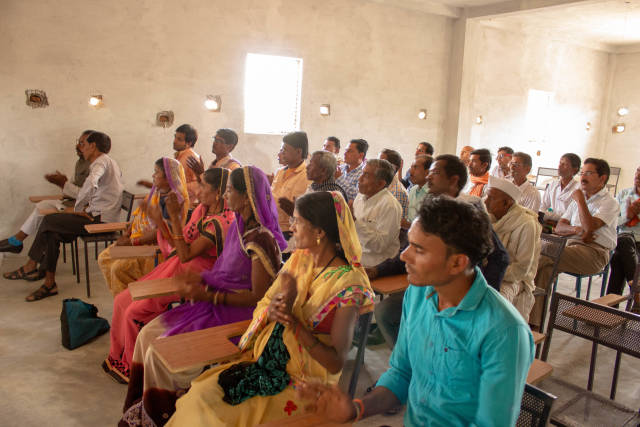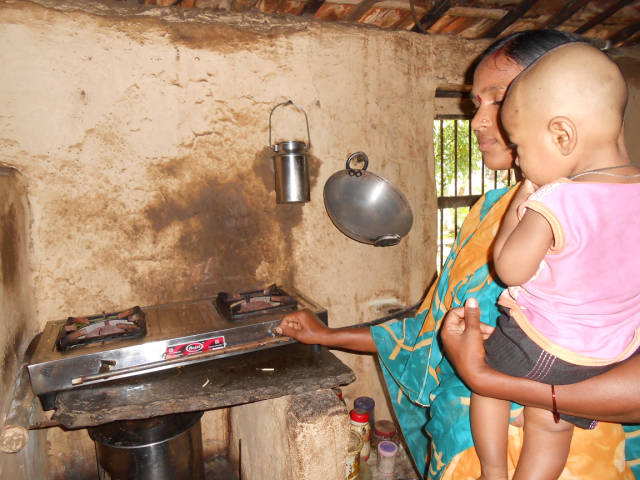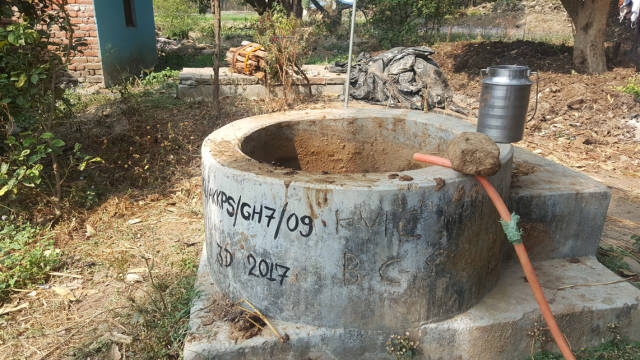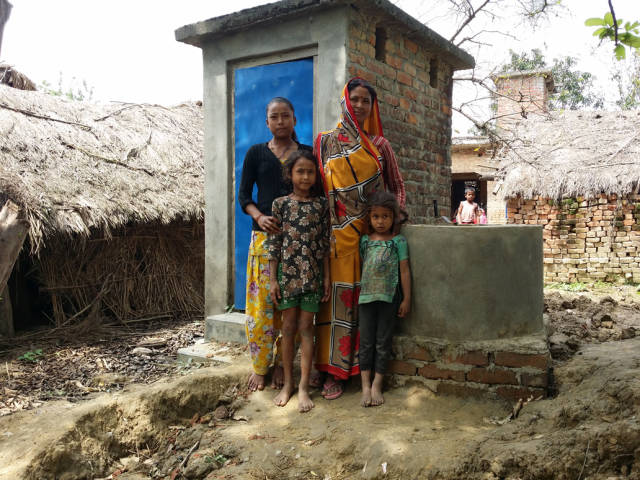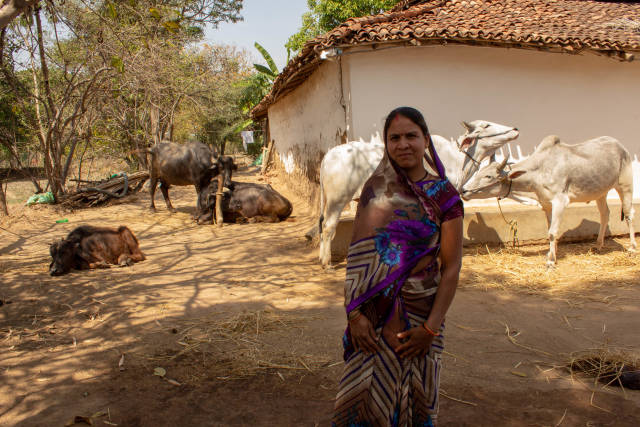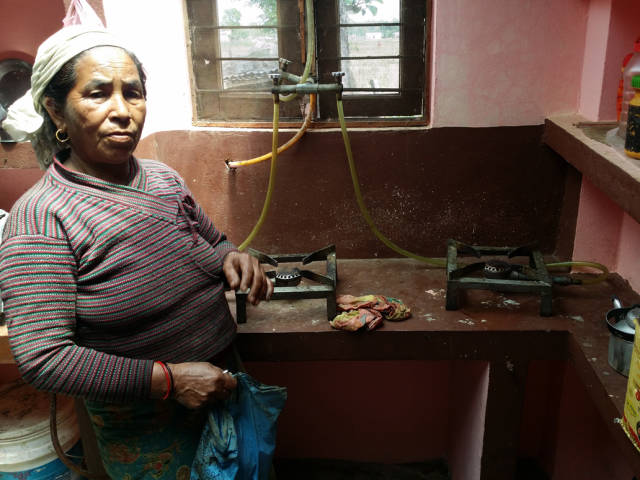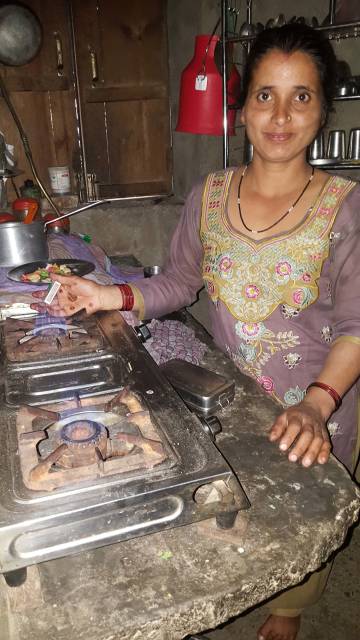This project reduces methane emissions by transitioning families in rural areas of Maharashtra State of India from a wood-burning stove to a biodigester. Biodigesters turn cow dung and human waste into methane gas and provide a cleaner, more efficient, sustainable fuel compared to that of a traditional wood-burning stove.
In Maharashtra, nearly 70% of rural households currently rely on firewood for cooking. The local community meets this demand by cutting local forests and often selling wood in the marketplace. This transition to clean gas curbs the demand for wood and reduces the cutting of local forests in an already resource-constrained region. Maharashtra land-use patterns show a decrease in forest land cover and an increase in degraded land. The problem intensifies pressure from growing human and livestock populations and illegal and indiscriminate exploitation of forest resources.
Degradation of forest lands exacerbates the existing problem of desertification: some forests are turning into open scrub.
Cow waste is shoveled into the biodigester that houses anaerobic microorganisms that feed on biodegradable material. When they break down the cow dung, the byproduct is methane gas that is used for fuel. The biodigester is sized according to the number of people in the household and the number of cattle owned by the family. For example, a biodigester with a capacity of 2 cubic meters is sufficient to provide cooking fuel for a family of four to five members.
Without the biodigester, the methane from the cow dung would be released into the atmosphere as the dung decomposes and the forest would become further degraded.
